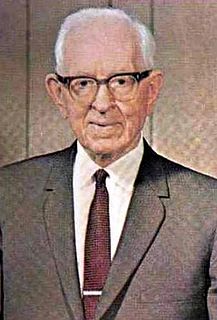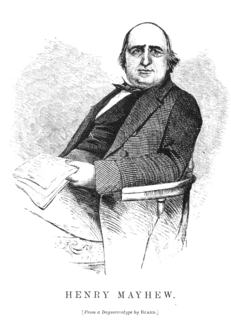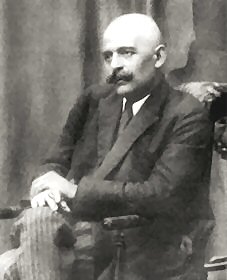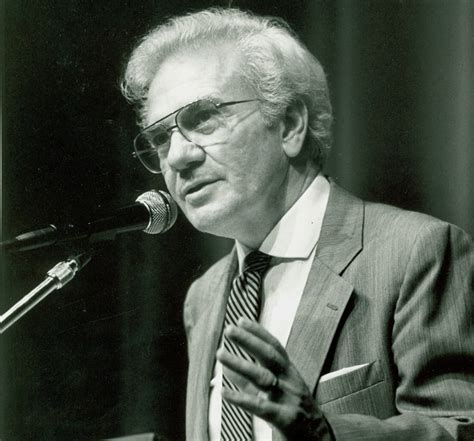A Quote by Joseph Fielding Smith
The mere stuffing of the mind with a knowledge of facts is not education. The mind must not only possess a knowledge of the truth, but the soul must revere it, cherish it, love it as a priceless gem; and this human life must be guided and shaped by it in order to fulfill its destiny.
Related Quotes
If there be an order in which the human race has mastered its various kinds of knowledge, there will arise in every child an aptitude to acquire these kinds of knowledge in the same order. So that even were the order intrinsically indifferent, it would facilitate education to lead the individual mind through the steps traversed by the general mind. But the order is not intrinsically indifferent; and hence the fundamental reason why education should be a repetition of civilization in little.
For successful education there must always be a certain freshness in the knowledge dealt with. It must be either new in itself or invested with some novelty of application to the new world of new times. Knowledge does not keep any better than fish. You may be dealing with knowledge of the old species, with some old truth; but somehow it must come to the students, as it were, just drawn out of the sea and with the freshness of its immediate importance.
In order to live, man must act; in order to act, he must make choices; in order to make choices, he must define a code of values; in order to define a code of values, he must know what he is and where he is – i.e. he must know his own nature (including his means of knowledge) and the nature of the universe in which he acts – i.e. he needs metaphysics, epistemology, ethics, which means: philosophy. He cannot escape from this need; his only alternative is whether the philosophy guiding him is to be chosen by his mind or by chance.
WISDOM IS dependent upon knowledge. Where there is complete ignorance there can be no wisdom, no knowledge of the right thing to do. Man’s knowledge is comparatively limited and so his wisdom must be small, unless he can connect his mind with a knowledge greater than his own and draw from it, by inspiration, the wisdom that his own limitations deny him. Only God knows all truth; therefore only God can have Real wisdom or know the right thing to do at all times, and man can receive wisdom from God. Wisdom is obtained by reading the mind of God.
It is true that zeal is the soul of the virtues, but most certainly, Monsieur, it must be according to knowledge, as Saint Paul says; that means: according to knowledge of experience. And because young people ordinarily do not possess this experiential knowledge, their zeal goes to excess, especially in those who have a natural asperity.
Three characteristics a work of fiction must possess in order to be successful:
1. It must have a precise and suspenseful plot.
2. The author must feel a passionate urge to write it.
3. He must have the conviction, or at least the illusion, that he is the only one who can handle this particular theme.
Man's mind is his basic tool of survival. Life is given to him, survival is not. His body is given to him, its sustenance is not. His mind is given to him, its content is not. To remain alive, he must act, and before he can act he must know the nature and purpose of his action. He cannot obtain his food without a knowledge of food and of the way to obtain it. He cannot dig a ditch-or build a cyclotron-without a knowledge of his aim and of the means to achieve it. To remain alive, he must think
In my early life, and probably even today, it is not sufficiently understood that a child's education should include at least a rudimentary grasp of religion, sex, and money. Without a basic knowledge of these three primary facts in a normal human being's life --subjects which stir the emotions, create events and opportunities, and if they do not wholly decide must greatly influence an individual's personality --no human being's education can have a safe foundation.



































